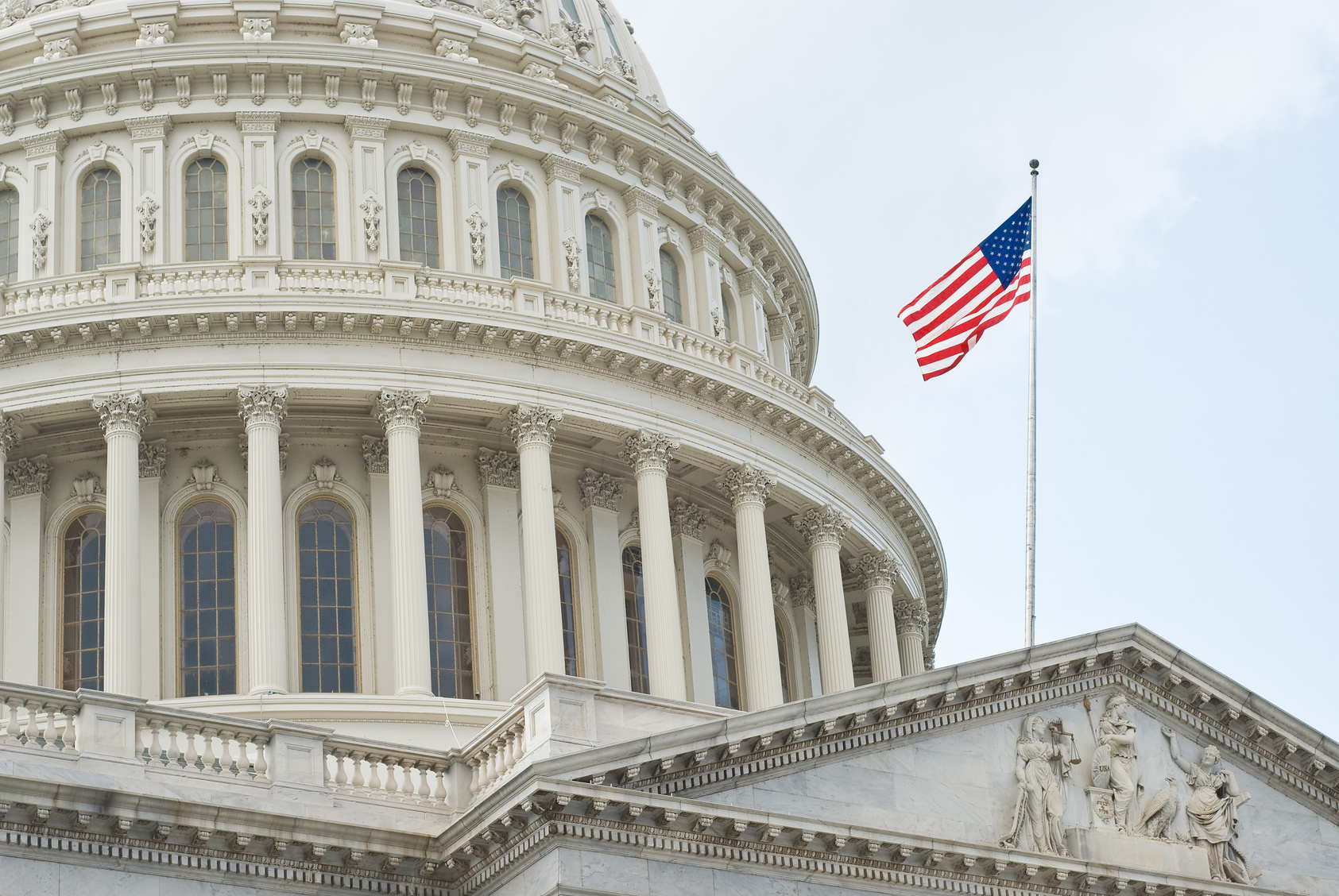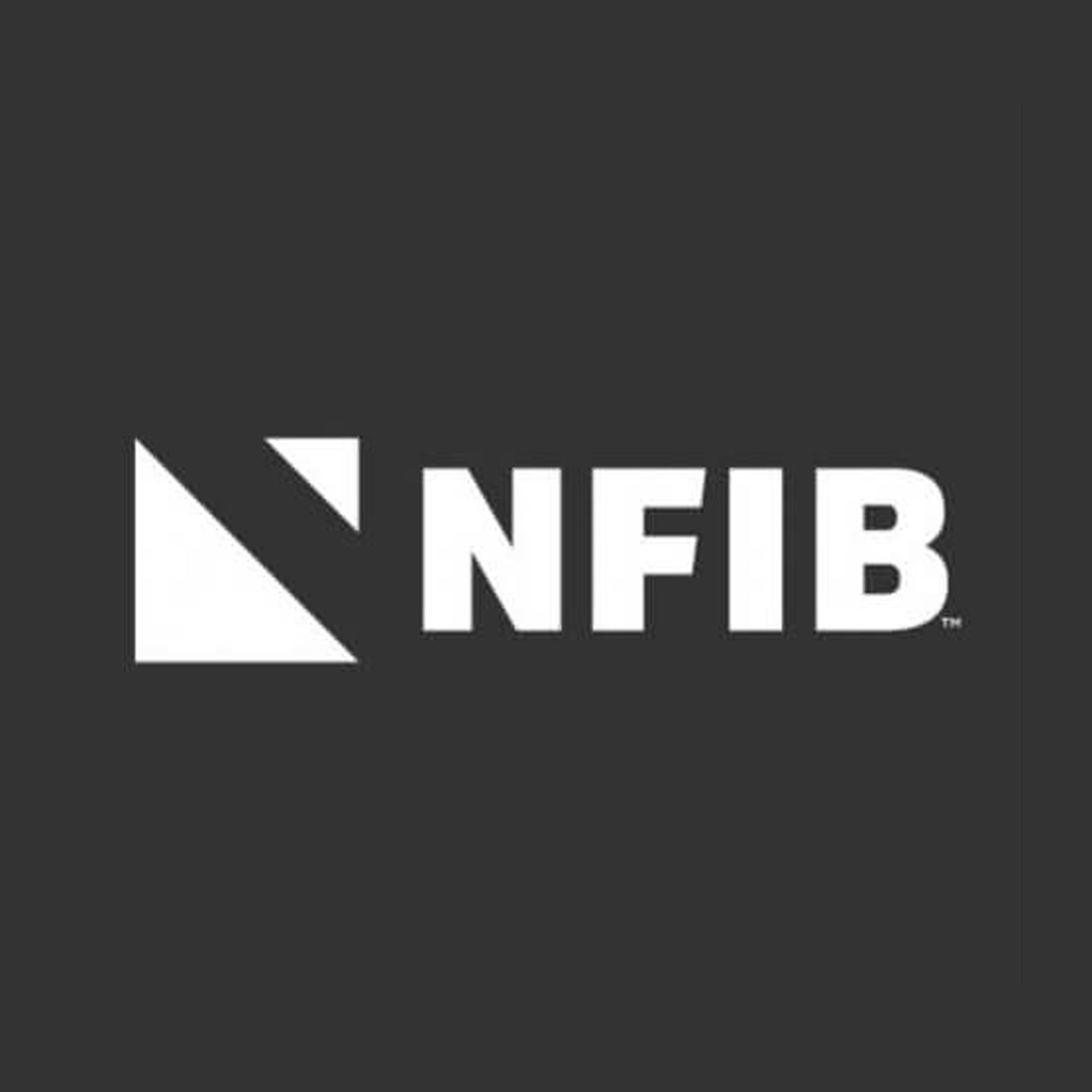- The 10 most severe problems for small business owners of the 75 business problems assessed are in order:
“Cost of Health Insurance,”
- “Cost of Supplies/Inventories,”
- “Uncertainty over Economic Conditions,”
- “Federal Taxes on Business Income,”
- “Locating Qualified Employees,”
- “Cost of Natural Gas, Propane, Gasoline, Diesel, Fuel Oil,”
- “Unreasonable Government Regulations,” “Uncertainty over Government Actions,”
- “State Taxes on Business Income,” and “Electricity Costs (rates).”
- The “Cost of Health Insurance” remains the most severe problem for small business owners and is “critical” for 41 percent.
- The 10 least severe problems for small business owners of the 75 business problems assessed, beginning with the least severe and moving up the list are:
- “Exporting My Products/Services,”
- “Importing My Products/Services,”
- “Out-of-State Sales Tax (e.g., internet sales),”
- “Costs and Frequency of Lawsuits/Threatened Lawsuits,”
- “Credit Rating/Record Errors,”
- “Winning Contracts from Federal/State/Local Governments,”
- “Bad Debts (not delinquencies) and/or Bankruptcies,”
- “Obtaining Long-Term (5 years or more) Business Loans,”
- “Obtaining Short-Term (less than 12 months or revolving) Business Loans,” and “Cost and Availability of Child Care.”
- “Exporting My Products/Services,” the least severe problem proves critical for 4 percent of small business owners, nearly unchanged since 2012.
- Small business owners evaluated most problems in the 2024 survey as they did in 2020, the date of the last Problems and Priorities survey.
Among problems increasing in importance, “Interest Rates,” topped the list by rising 43 positions from a rank of 56th in 2020 to 13th in 2024. Four other problems rose 10 or more positions up the ranking starting with “Pricing My Goods/Services” moving up from 36th in 2020 to 21st in 2024. “Cost of Natural Gas, Propane, Gasoline, Diesel, Fuel Oil” and “Real Estate Values” moved 13 and 12 positions respectively.
The largest decline in the ranking is “Training Employees” and “Competition from Large Businesses,” which both fell 12 rankings.













